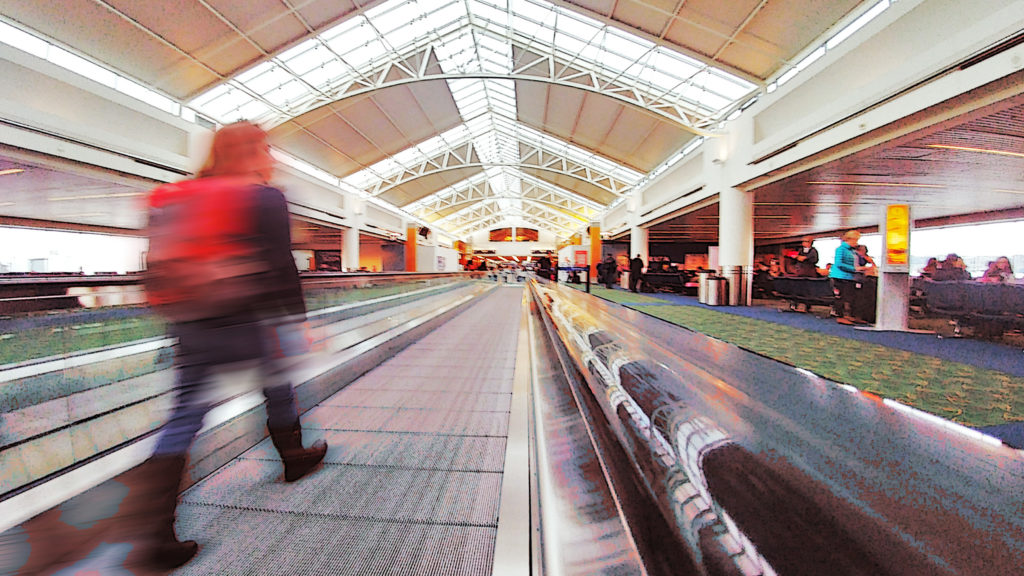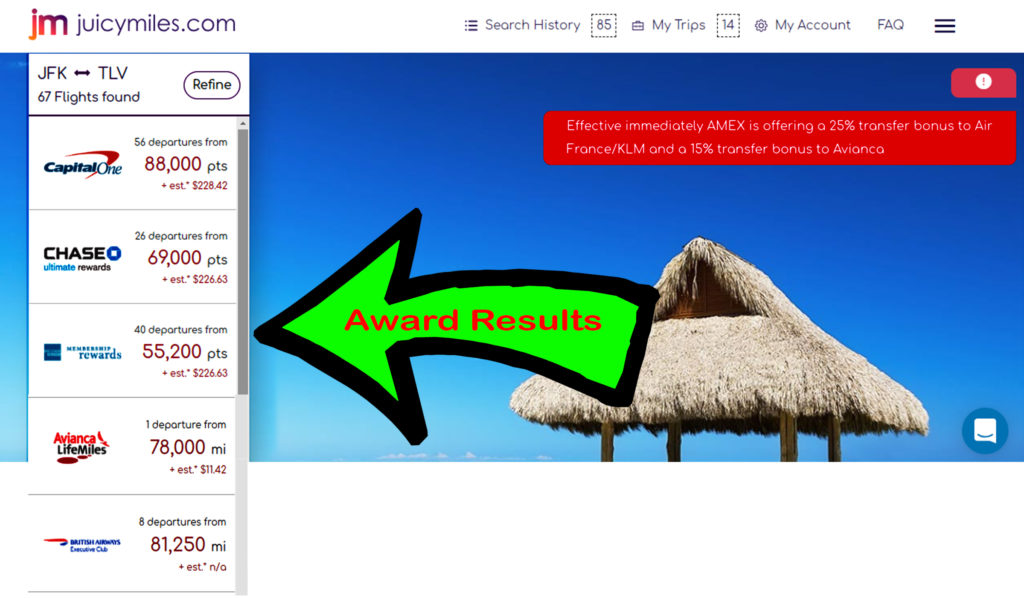This question is asked and debated a lot. So when should you buy tickets for upcoming flights, or more precisely, “how far in advance should you book flights?”
I am the first to admit that I have a split personality on travel planning. I either plan way in advance 9-11 months out, or I grab a great last minute deal when I see one. The first is usually a bucket-list destination or vacation and the latter is just that I enjoy to fly and travel and will let the deals lead me to my next trip.

I just recently grabbed a fantastic deal to Barcelona. | Pictured: Sagrada Familia
Knowing when to book a flight can make a big difference in the final price of a trip.
If you know you are going somewhere, let me share some advice. Here’s how far in advance you should book your flight in 2019.
To help travelers plan, an online travel agency (cheapair.com) tabulated together its annual airfare study on the best times to book flights in 2019. The study is tabulated from an analysis of 917 million airfares across more than 8,000 markets.
Breaking It Down:
Our Airfare Myth Buster Takeaway
A lot of people still believe that buying tickets on Tuesday evening will find the cheapest fares offered. That went out the window a long time ago as airlines have invested heavily in technology and actually can (and often do) change fares.
Today, airlines change fares more than ten times daily. This is done through computers and pricing algorithms tied to capacity data. Bottom line: it no longer matter what day you purchase your ticket. However, traveling on a Tuesday or Wednesday may offer a few dollars cheaper fare.
So When’s The Best Time to Purchase Airfare?
For the biggest savings, the survey suggests booking 3 weeks to 4 months in advance. Interestingly, the study found 76 days before a trip to be the best time to book domestic flights. In my personal experience, I don’t usually book domestic travel less than 60 days out.
There are various booking periods that come with their respective benefits.
6 months to 10 months in advance: The best window for travelers who care most about securing specific flight times or seats. Since I am an elite on many carriers, I usually have good access to the best available seats. However, for the casual traveler, early seat selection can be critical to enjoyment of the flight.
See Also: Check out how an 8-year old got top status on a top world airline carrier!
4 to 6 months in advance: The best period for travelers who want the best amount of flight options to compare across airlines.
Prime Airfare Booking Window
The ‘Prime Booking Window’ (the number of days in advance that, on average, yielded the lowest fares to destinations in North America, based on 2018 flight search data) was identified as 115 – 21 days.
Travelers waiting to book 2 to 3 weeks ahead might still find cheap tickets, but the odds are not as good.
Getting closer to your departure time, by booking 1 to 2 weeks in advance, buyers will find fares on average $135 less than buying super last minute.
Lastly, travelers purchasing tickets with less than a week before departure can expect the highest prices. Makes sense.
Last Minute Travel Purchases Will Cost You
Last minute tickets cost close to $220 more than during the prime booking window. When faced with having to go on short notice, you might consider booking an award ticket. That could save you a lot of money!
Hint: That’s Where Award Redemptions Could Save You Money
That leads to award bookings. While programs like United are changing to dynamic pricing which could affect last minute award availability, many programs — even ones such as American AAdvantage (for now) — offer great value for last minute award redemptions. Cash prices are usually sky high but award prices aren’t. Again, this is starting to change across the industry.
If you want to shunt the work off to someone else, the team at Juicy Miles (our affiliate partner)can do it for you. They can assist getting you the best redemption for your points and miles either one-on-one or through a self-service booking tool.
Does this survey align with your purchasing patterns?
The responses below are not provided or commissioned by the bank advertiser. Responses have not been reviewed, approved or otherwise endorsed by the bank advertiser. It is not the bank advertiser's responsibility to ensure all posts and/or questions are answered.



